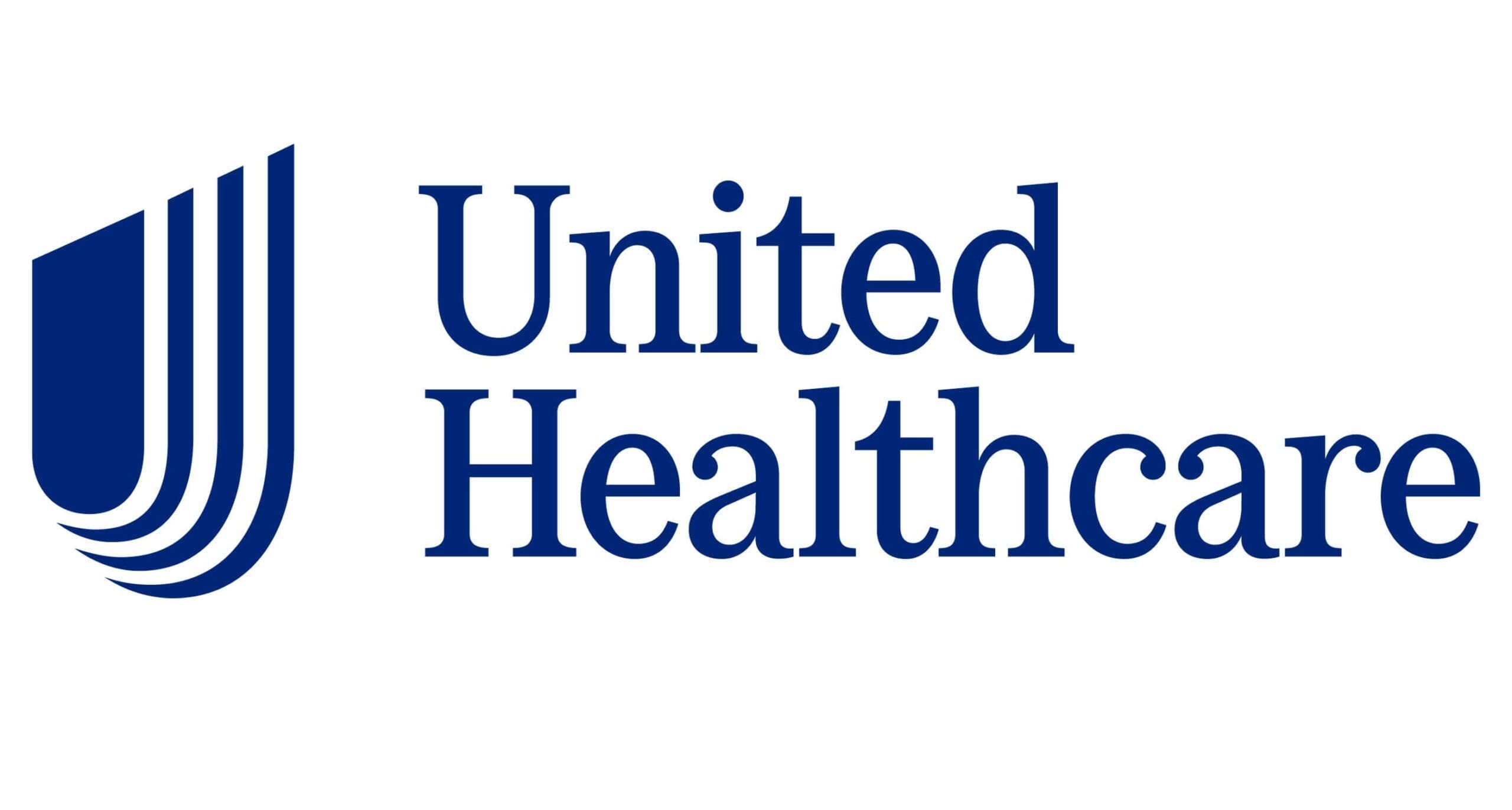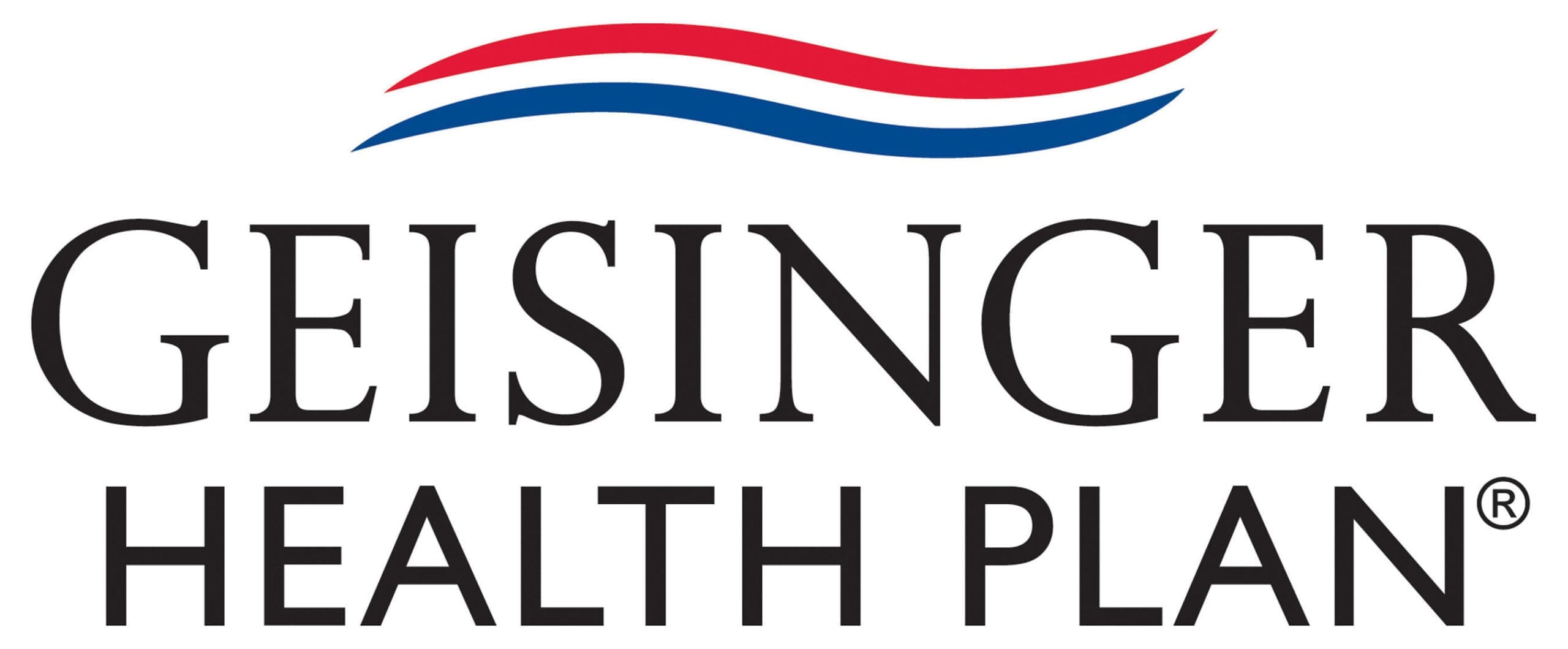
Depression Treatment in PA: Therapy, Medication & Telepsychiatry
Understanding Depression and Seeking Help in Pennsylvania Depression affects millions of Americans each year, and for many Pennsylvanians, it can be a debilitating struggle. Whether
We do Virtual Visits in the comfort of your own home
At IPA Integrative Psychiatry of America we offer holistic tele-psychiatry for a wide variety of mental health disorders, Addiction and Weight Loss Treatment. Our Integrative approach combines Medication, Psychotherapy, Exercise Counseling Plans, & Nutritional Education, Genetic Screening, Lab Screenings, and Meditation to support your overall wellness.
We serve all of Pennsylvania with convenient virtual visits. Get Online Psychiatry Care at all times in the comfort of your own home. We treat Anxiety, Depression, ADHD, OCD, Personality Disorders, Weight Loss, PTSD, and Opioid Dependence. We specialize in First Responders, Boxers, Gamers, and Entertainers.


















In Cases of Emergency – Dial 911 or 988.
Make an appointment request
We will confirm your appointments and send a link for your virtual Visit.
Complete the appointments virtually in your own home and get your medications electronically sent to the pharmacy of your choice.
Can message your provider, Request appointments and Medication refills while staying HIPAA compliant.

Christopher Clark, MSN, PMHNP-BC, is a board-certified psychiatric nurse practitioner with over 23 years of advanced nursing experience across diverse specialties, including psychiatric care, emergency trauma nursing, hospice care, and leadership roles in some of New York City’s busiest Level 1 trauma centers. Originally from New York, Christopher brings a wealth of expertise in medical and psychiatric evaluation and integrative patient care.
Christopher’s practice focuses on holistic, patient-centered psychiatry, addressing the mind and body through a comprehensive approach. By integrating advanced lab monitoring, genetic evaluations, exercise and nutritional counseling, mindfulness techniques, and psychotherapy, he tailors each treatment plan to the unique needs of his clients. His compassionate care extends to diverse populations, ensuring a safe, inclusive environment where everyone is welcome, including LGBTQ+ individuals.





Understanding Depression and Seeking Help in Pennsylvania Depression affects millions of Americans each year, and for many Pennsylvanians, it can be a debilitating struggle. Whether

Understanding Anxiety and Seeking Help in Pennsylvania Anxiety disorders affect millions of Americans each year, and Pennsylvania is no exception. Whether you’re experiencing persistent worry,

At Integrative Psychiatry of America, we believe that understanding ADHD medication is the first step in helping individuals with attention-deficit/hyperactivity disorder live more focused, productive

What Is Integrative Psychiatry? Mental health care is evolving. Traditional psychiatry has long focused on medication management and psychotherapy, but at Integrative Psychiatry of America,
We see all our patients virtually, using secure, HIPAA-compliant telehealth technology. This ensures that you can access care from the comfort and privacy of your own home or wherever you feel most comfortable.
Integrative psychiatry is a holistic approach to mental health care that considers the connection between mind, body, and lifestyle. In addition to traditional treatments like psychotherapy and medication management, integrative psychiatry incorporates complementary practices such as nutritional counseling, exercise education, mindfulness, supplements, and advanced genetic and blood testing. This approach aims to create a personalized, whole-person treatment plan that promotes lasting well-being.
Suboxone is a prescription medication that combines buprenorphine and naloxone. It is used to treat opioid dependence by reducing cravings and withdrawal symptoms while minimizing the risk of misuse. Our practice utilizes Suboxone as part of a comprehensive treatment program that includes nutritional counseling, exercise education, mindfulness techniques, and therapy to address the root causes of addiction and promote recovery.
Nutrition and exercise are vital components of mental health. A balanced diet provides essential nutrients that support brain function and regulate mood, while regular physical activity boosts endorphins, reduces stress, and improves overall well-being. At our practice, we integrate these elements into your treatment plan to help you achieve optimal mental health.
We provide virtual care to patients located anywhere within the Commonwealth of Pennsylvania.
We offer affordable cash rates for services if we don’t accept your insurance. Additionally, our membership plans provide discounts and benefits to make care accessible and cost-effective for all our patients.
A Psychiatric Nurse Practitioner (PMHNP) is an advanced practice nurse with specialized training in mental health care. PMHNPs can assess, diagnose, and treat psychiatric conditions, including prescribing medications and providing therapy. Unlike other healthcare providers, PMHNPs bring a holistic nursing perspective, emphasizing patient-centered care that integrates physical health, mental well-being, and lifestyle into treatment. This approach ensures that care is comprehensive, compassionate, and tailored to the individual.
Copyright © 2025 – IPA – All Rights Reserved



